Zakat is not due on everything you own. It is due on specific types of wealth that are considered surplus and capable of growth. In Islamic law, these are called Zakatable assets.
This page explains which assets you need to include when calculating your Zakat and which ones you don’t. Getting this right ensures that you fulfil your obligation properly without overpaying or missing out.
Zakat Applies to Wealth That:
- Has the ability to grow or increase
- Is above your basic needs
- Has been held for at least one lunar year (in most cases)
Let’s walk through each asset type with simple examples.
Those who hoard gold and silver and do not spend it in the way of Allah, give them tidings of a painful punishment.
(Qur’an 9:34)
This verse reminds us that wealth not shared through Zakat can lead to spiritual loss. Paying Zakat is not just about obligation — it’s about honouring the trust of others in our wealth.
✅ Assets You Pay Zakat On
1. Cash and Savings
This includes money in your:
- Bank accounts (current, savings, fixed deposit)
- Cash at home
- PayPal or other digital wallets
- Money saved for Hajj, weddings, or holidays
If it’s in your possession and not needed for urgent expenses, it counts.
2. Gold and Silver
Zakat is always due on gold and silver jewellery, bars, or coins — whether worn, stored, or saved.
This applies regardless of cultural practice or whether the jewellery is for personal use.
Zakat is calculated based on current market value.
3. Shares and Stocks
If you hold shares as a long-term investment:
- Pay Zakat on their current market value if you plan to sell them.
- If you don’t plan to sell, only pay on the dividend profits (if not already spent).
If you actively trade shares, treat them like business stock — pay Zakat on the total value.
4. Business Stock and Profits
If you run a business:
- Zakat is due on stock-in-trade (products you sell)
- Cash in the business account
- Outstanding receivables (money owed to your business)
Tools, equipment, and business property are exempt.
5. Pensions and Investments
Zakat on pensions depends on the type:
- Accessible pensions or funds like ISAs, SIPPs, or investment platforms are Zakatable if you control them.
- Locked pensions are not Zakatable until you have access.
Zakat may also apply to:
- Cryptocurrency
- Bonds or sukuk
- Unit trusts
- Mutual funds
Always deduct any taxes or withdrawal penalties first.
6. Rental Income (Not Property Value)
If you rent out a property:
But you do pay Zakat on any rent savings left over after expenses
You don’t pay Zakat on the house itself
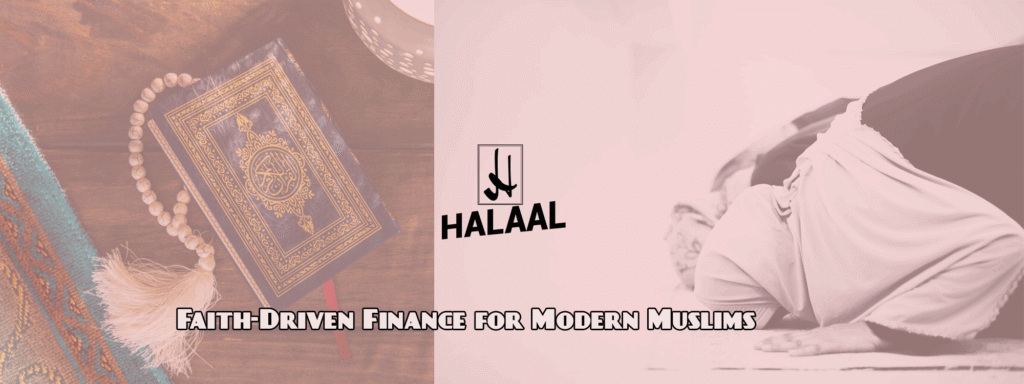
❌ Assets You Don’t Pay Zakat On
Zakat is not due on personal use items or essentials. These include:
- Your home
- Your car
- Clothes, shoes, furniture
- Appliances and electronics
- Food and daily use items
- Tools of your trade (e.g. camera for a photographer, laptop for a designer)
- Money set aside for immediate bills (rent, utilities, debts)
Zakat is only on wealth you don’t urgently need — savings, not spending money.
Example: What to Include
Let’s say Ahmed has the following:
- £4,000 in savings
- £500 in a current account
- £300 in gold
- £1,200 in shares
- £700 in unpaid invoices for freelance work
- £600 rent due in 2 weeks
His Zakatable wealth would be:
£4,000 + £500 + £300 + £1,200 + £700 = £6,700
Minus £600 upcoming rent = £6,100
Zakat = 2.5% of £6,100 = £152.50
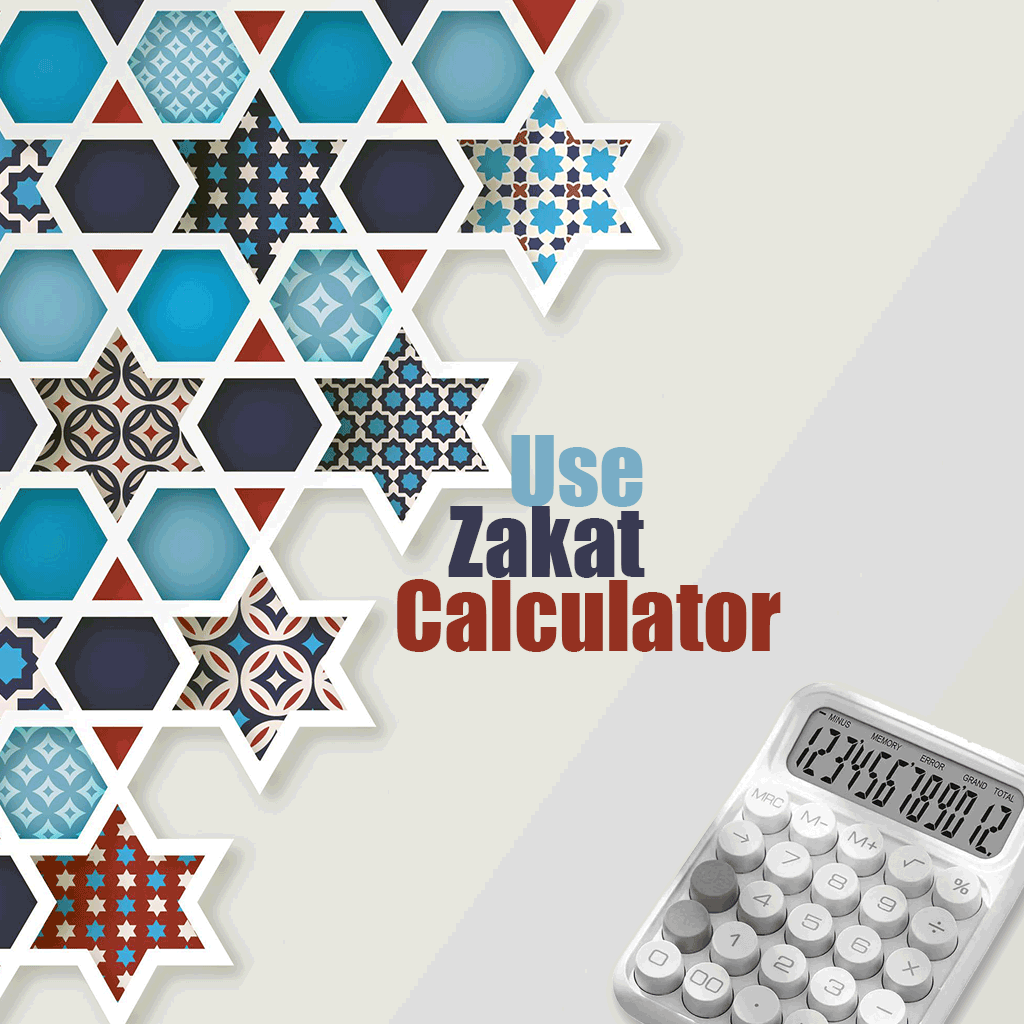

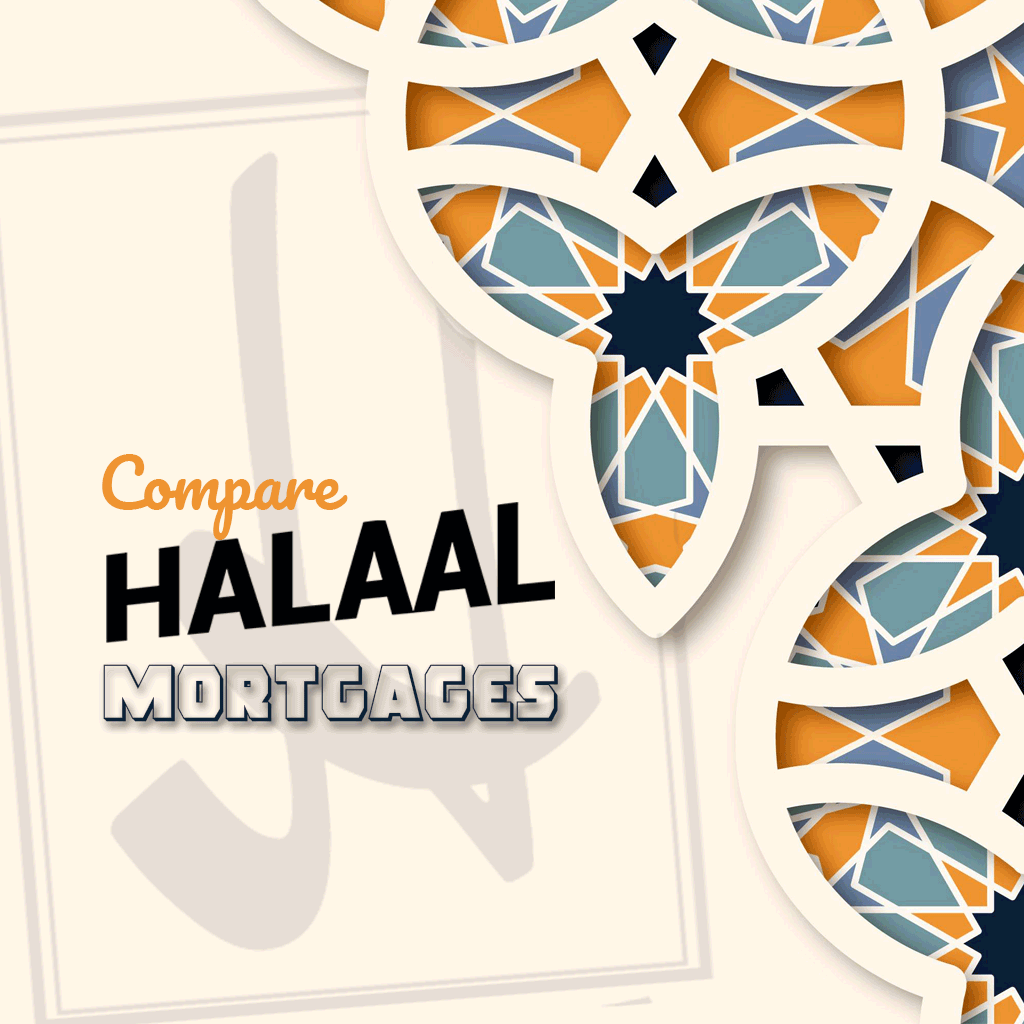
What Wealth do you pay Zakat on FAQ’s
Yes, unless it’s an immediate need (like rent due next week). Saving for Hajj, a car, or a wedding still counts as wealth.
No. As long as they’re for personal use, you don’t pay Zakat on them.
Yes, if it’s a strong debt (you expect to get it back), like a personal loan. If it’s doubtful or unlikely to be repaid, you don’t need to include it.
Yes. Unlike some cultures, Islamic rulings say Zakat is due on all gold and silver — even if worn daily.

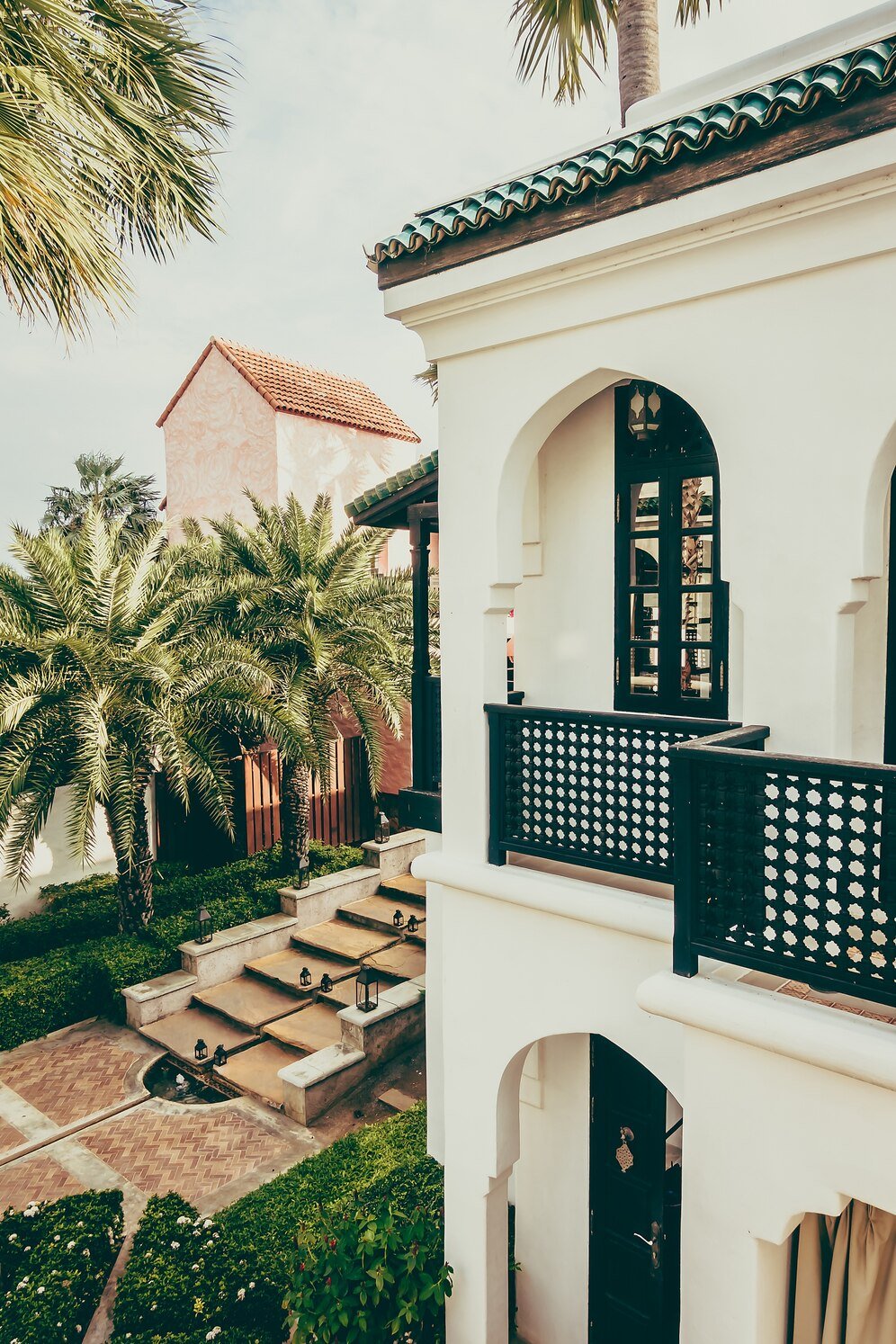
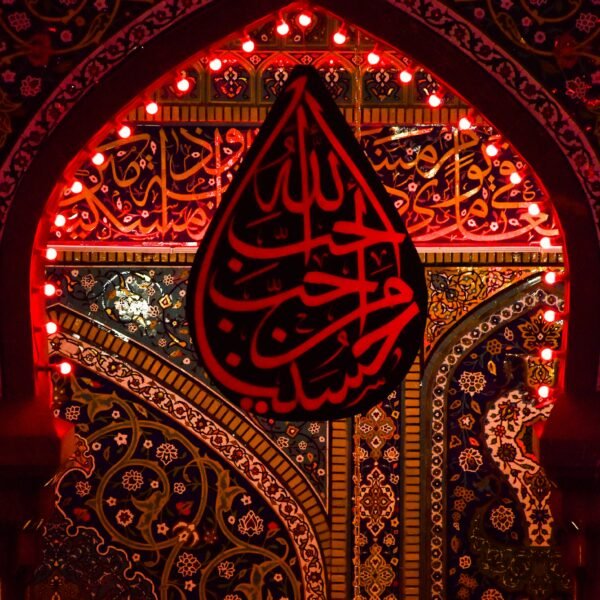

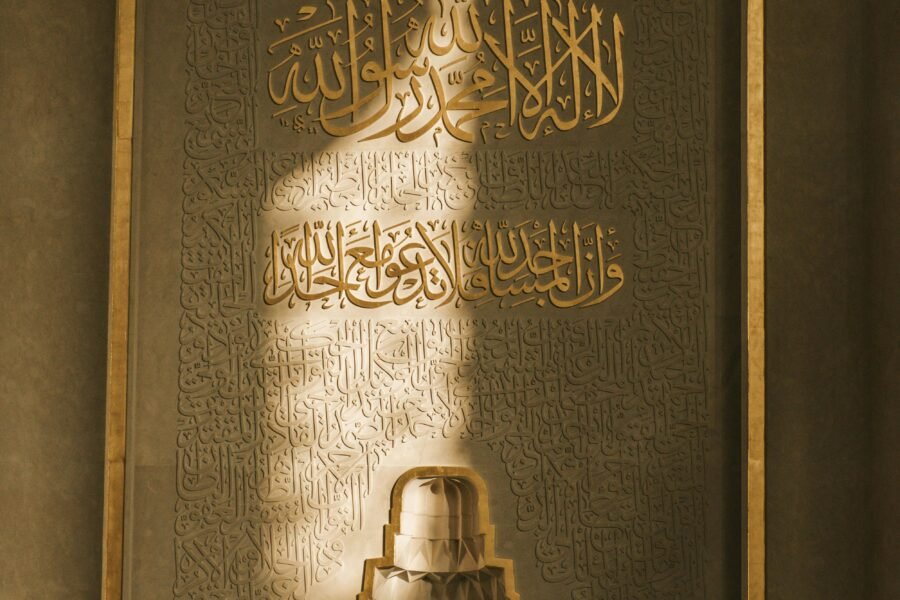


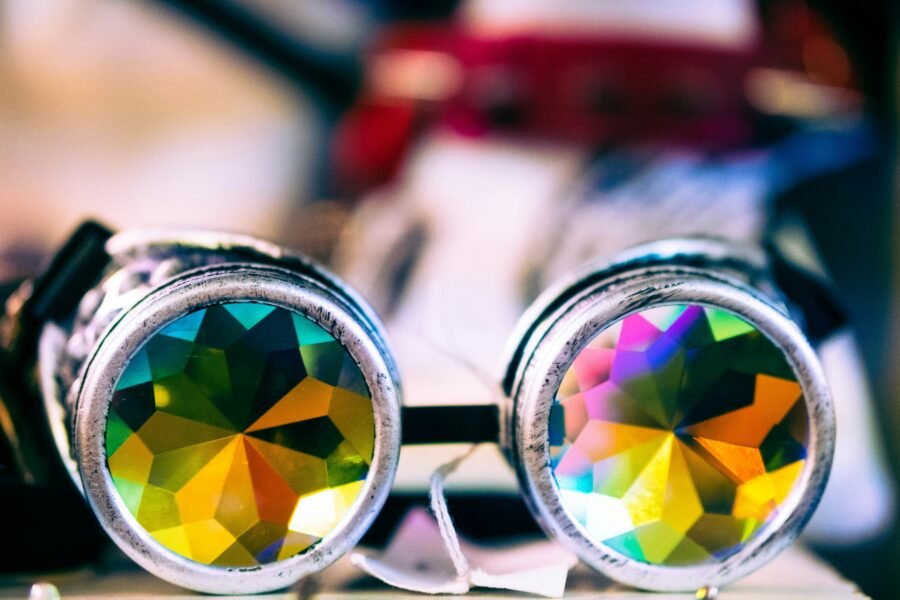
Sign up